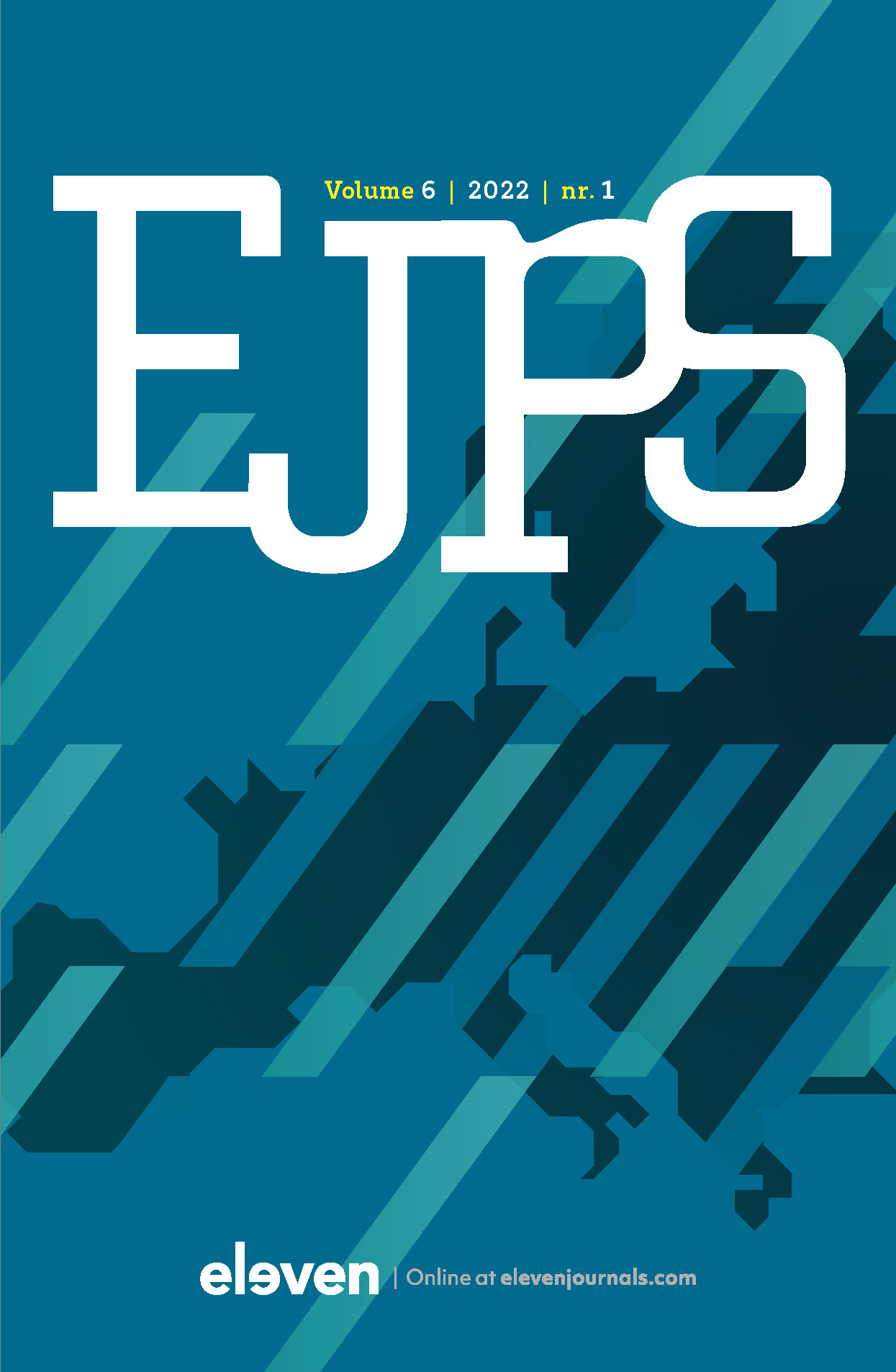|
The effective sharing of knowledge both within and between police organizations is arguably becoming increasingly vital for success and has driven research in a disparate range of fields. This paper therefore presents the results of an integrative systematic literature review of research into knowledge sharing within and between police organizations across Europe. The 39 papers analysed were drawn from English-language studies published between 2000 and 2013, complemented by additional searches for non-English language papers in nine European countries. Analyses showed that past research has focused on intra-organizational knowledge sharing, with a particular spotlight on criminal intelligence and technology. Barriers / enablers of knowledge sharing were grouped into knowledge management strategy/legislation, technology, culture and loss of knowledge themes. Research recommendations include exploring the role of leadership and examination of police knowledge sharing across regional, institutional and international boundaries. Practical recommendations include having procedural clarity in systems, policies for sharing knowledge and developing the relevant knowledge, skills and motivation of police personnel through appropriate training. |


European Journal of Policing Studies
About this journalSubscribe to the email alerts for this journal here to receive notifications when a new issue is at your disposal.
| Article |
Introduction |
| Authors | Antoinette Verhage, Lieselot Bisschop, Wim Hardyns e.a. |
| Article |
Knowledge Sharing Practices and Issues in Policing ContextsA Systematic Review of the Literature |
| Keywords | knowledge sharing, information, systematic literature review, police |
| Authors | Kerry Griffiths and Kamal Birdi |
| AbstractAuthor's information |
| Article |
Private Policing of Financial CrimeKey Issues in the Investigation Business in Norway |
| Keywords | private investigation, internal investigation, fraud examiners, financial crime specialists |
| Authors | Petter Gottschalk |
| AbstractAuthor's information |
|
Fraud examiners, financial crime specialists and counter fraud specialists are in the business of private internal investigations for their clients. Four problematic issues related to their roles are discussed in this article: privatization of law enforcement, disclosure of investigation reports, competence of private investigators, and limits by investigation mandate. A sample of thirty-two investigation reports is presented to illustrate these key issues. In addition, the issue of regulation of the investigation business is discussed. The focus and message of this article on financial crime specialists is an intriguing one, and it is a topic that is ripe for more sustained scrutiny. |
| Article |
The Use of Force by Police OfficersWhat is the Role of Moral Beliefs? |
| Keywords | police, use of force, moral beliefs, situational action theory, survey |
| Authors | Jannie Noppe |
| AbstractAuthor's information |
|
This article aims to contribute to the empirical literature that deals with the relationship between moral beliefs and the use of force by police officers. We, therefore, develop an integrative action theory in which we combine the key principles of Situational Action Theory (Wikström, 2010) with the major insights of Muir (1977) and Mesko and Tankebe (2015) on how police officers cultivate legitimacy in their own police role. By means of a paper-and-pencil survey amongst 137 (mainly Belgian) police officers we test two main hypotheses: (1) To what extent does perceived audience legitimacy, self-legitimacy and police officers’ beliefs about the use of social skills predict their beliefs about the use of force? (2) To what extent do those attitudes and moral beliefs predict the actual use of force? First, we found that the less police officers are concerned with other people and the more they believed that citizens had no trust in or respect for the police, the more likely it is that they morally support the use of force. Second, we determined that police officers who are morally supportive towards the use of force are more likely to use force. |
| Article |
Exploring Police-Citizen Conflict and Reconciliation Through a Relational Model |
| Keywords | conflict management, reconciliation, relationship value, relationship compatibility, relationship security |
| Authors | Sara Stronks |
| AbstractAuthor's information |
|
In this paper, the function of reconciliation in five different Dutch cases of media-salient police-citizen group conflict is explored through a Relational Model. Based on 53 interviews with key-actors, the ratio between assessments on the value, security and compatibility of police-citizen relationships and conflict interaction is analysed. The results indicate that respondents actively describe police-citizen relationships in terms of their value, security and compatibility. Assessments on the security and compatibility of a relationship seem directly negatively affected by overt conflict. Individual negative intergroup interaction and relationship assessment can be transformed – reconciled – through critical moments of direct contact and reconciliation appears an important and effective strategy of relationship maintenance in mutually assessed valuable relationships that are challenged by overt conflict. A group reconciliation however, seems only possible when key-actor party representatives commit to the reconciliation process. |
| Book Review |
Riots and Political Protest |
| Authors | Sophie Body-Gendrot |
| Author's information |

